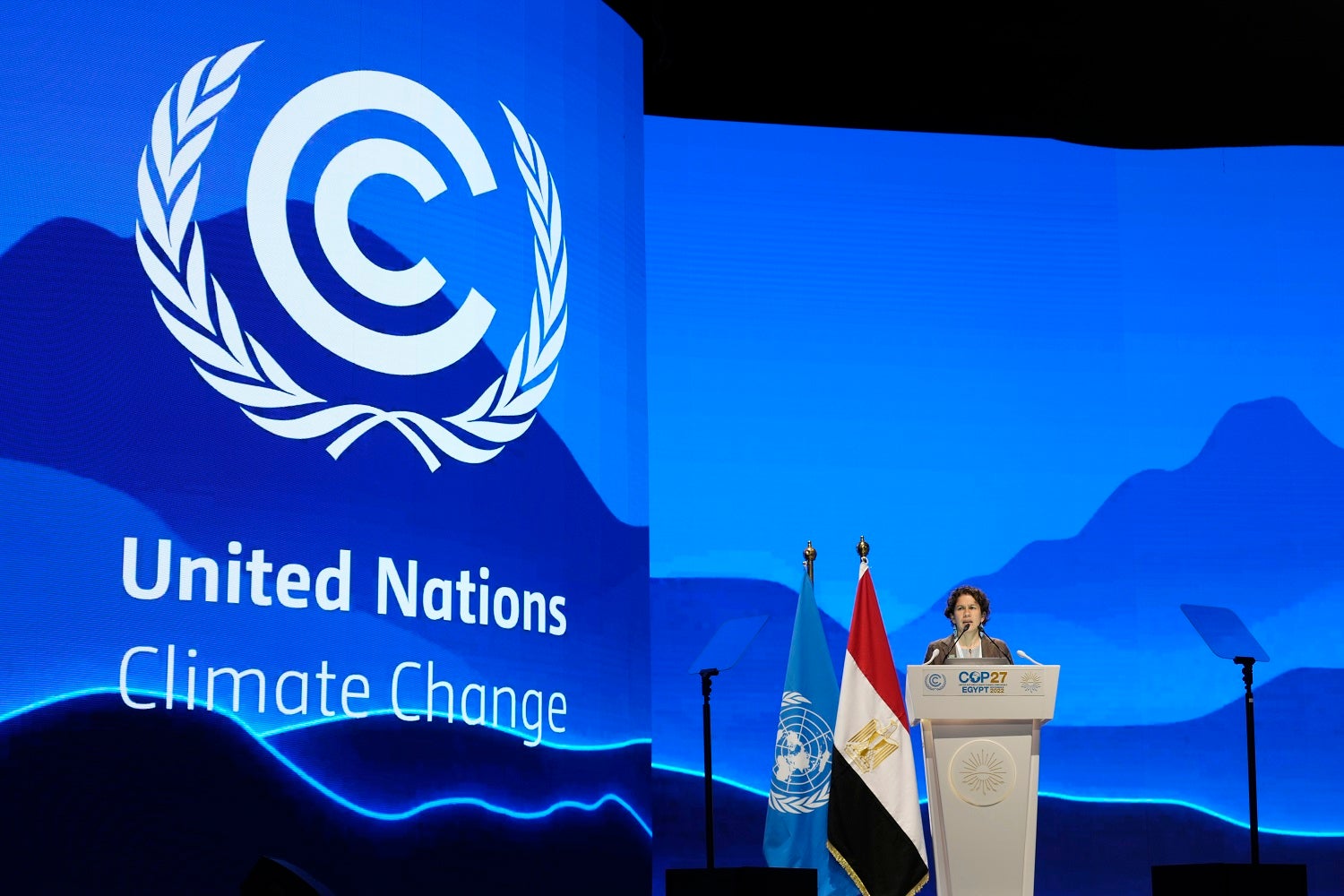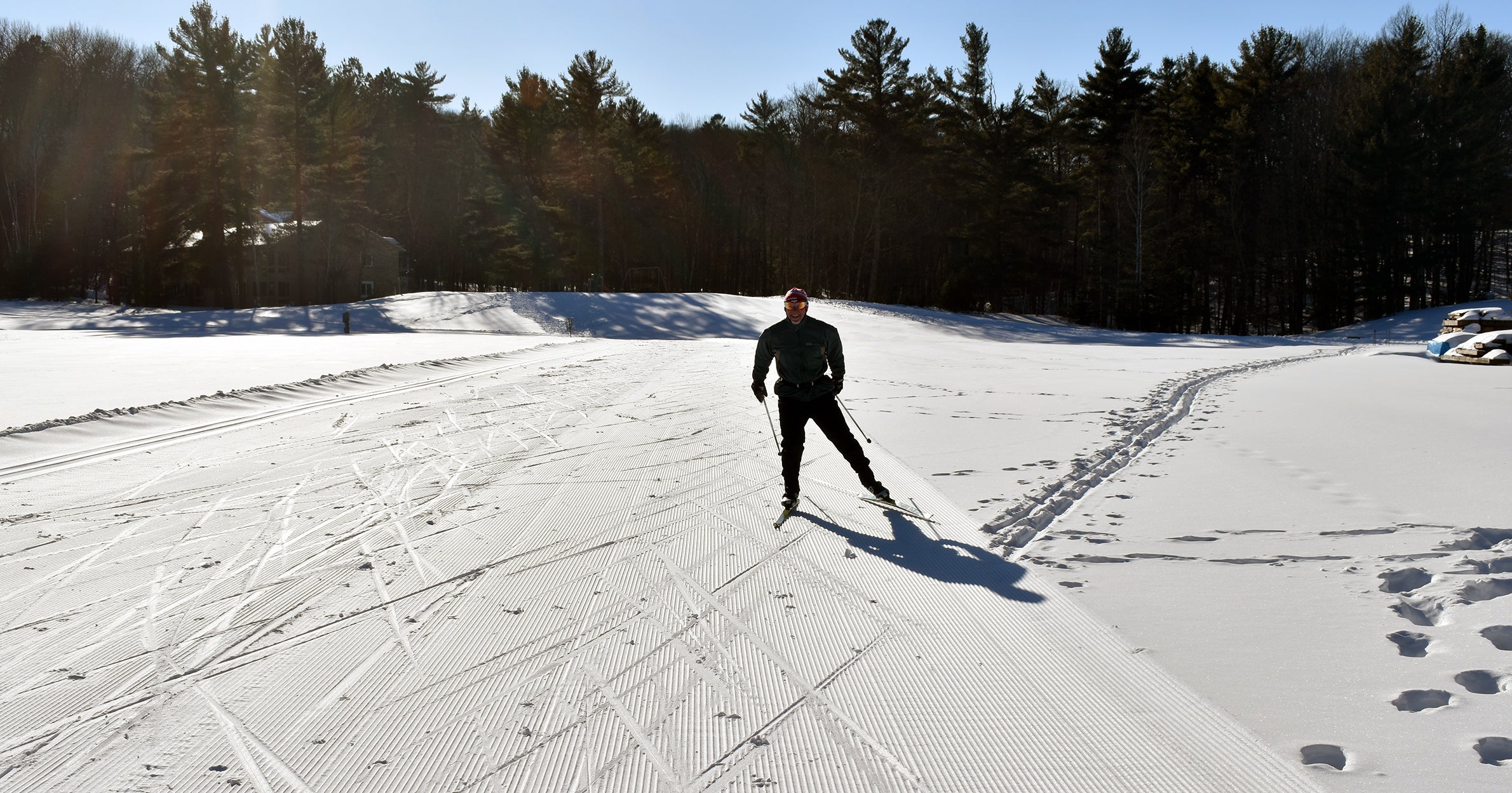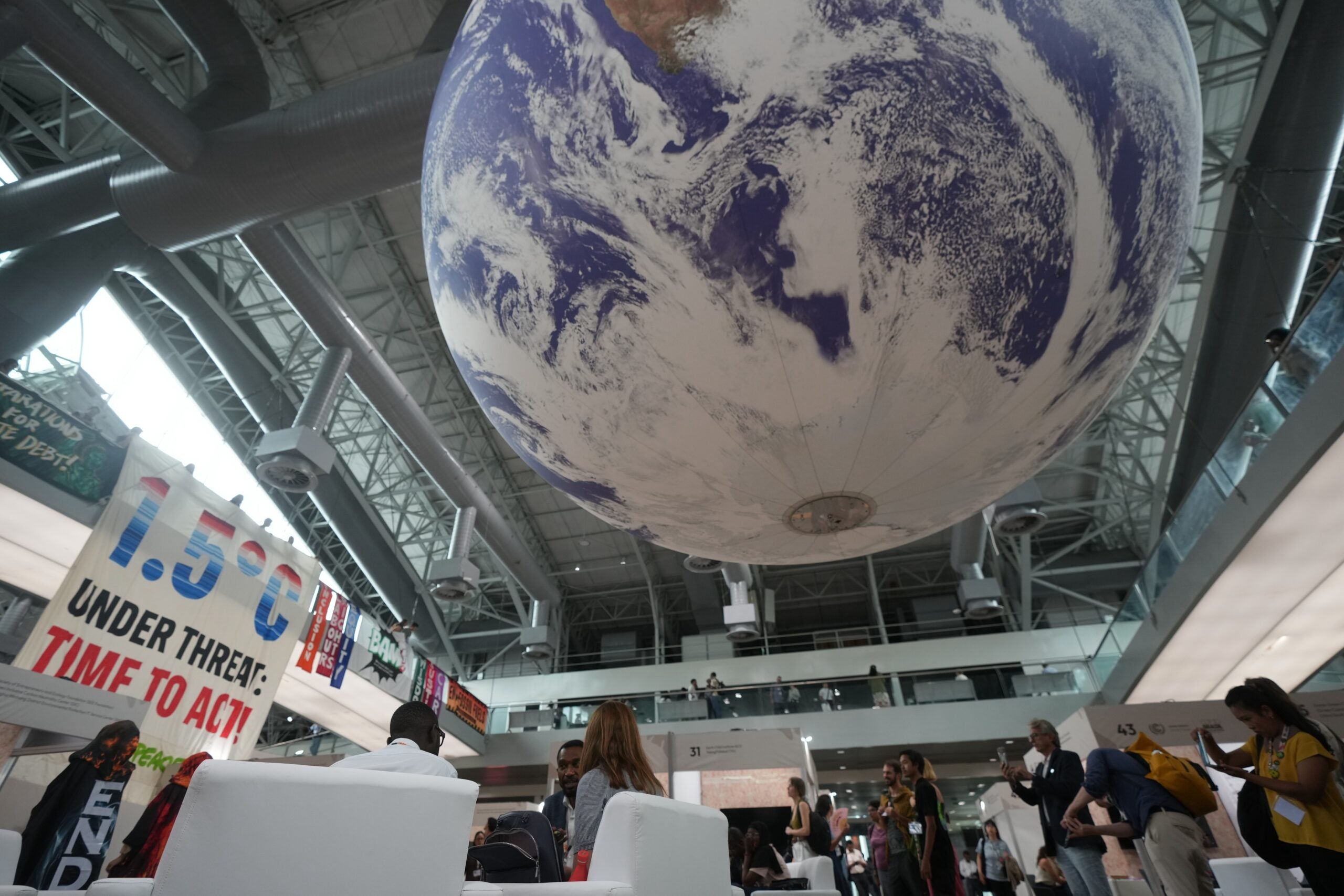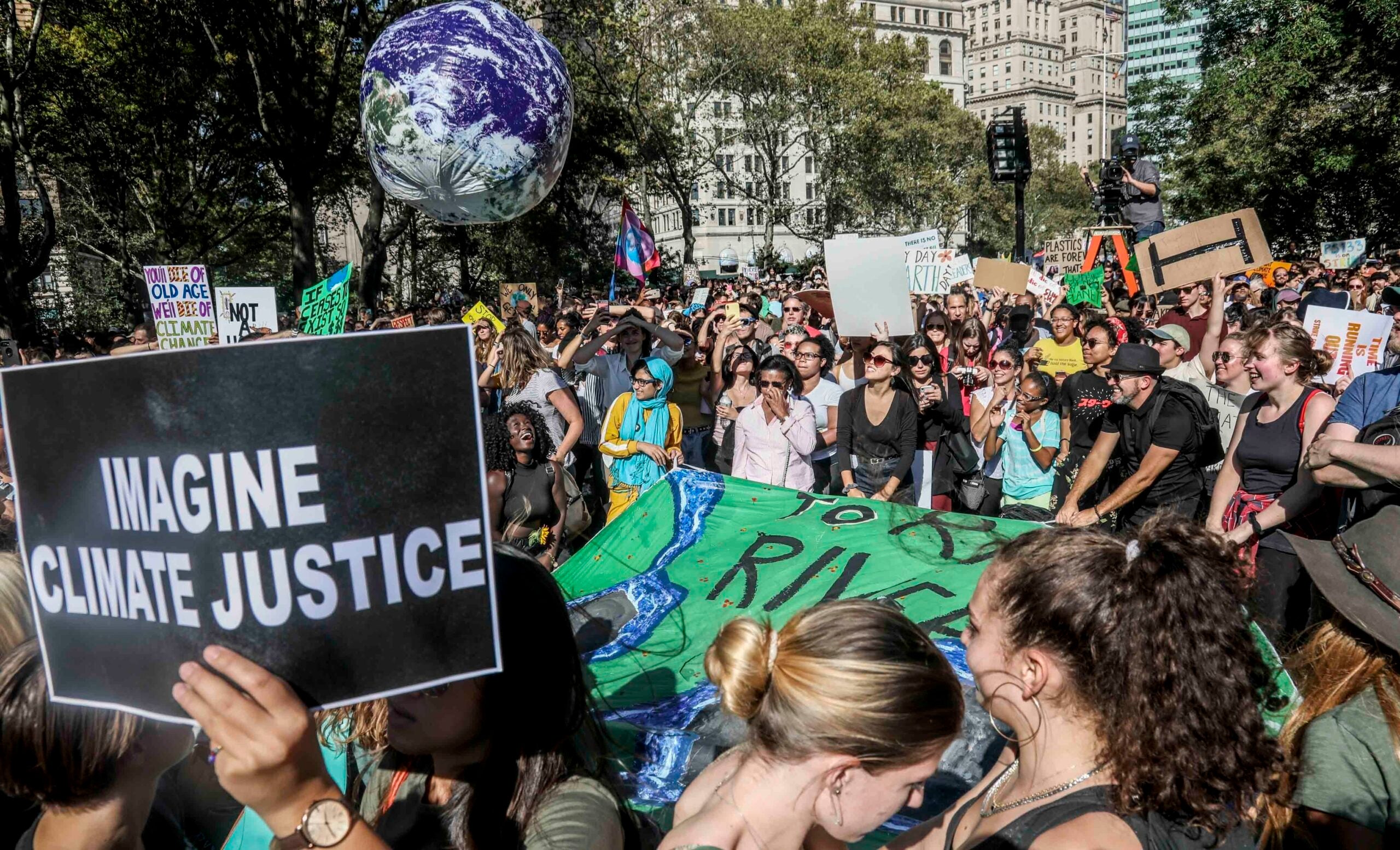World leaders, climate scientists, activists, and corporate executives are set to meet in Dubai at the United National Climate Change Conference, or COP28, to discuss challenges, solutions, and responsibilities on a warming planet. A virtual panel discussion of Wisconsinites who are attending the event is scheduled for next week, and aims demystify the international climate change conference for people in the state.
Several representatives from the University of Wisconsin-Madison are observing the negotiations in Dubai. Sumudu Atapattu, director of the Global Legal Studies Center at the University of Wisconsin Law School; Jonathan Patz, director of the Global Health Institute at UW-Madison; and Nova Tebbe, a PhD student focusing on the health benefits of climate mitigation policy, will share what they learn with a virtual audience on Dec. 4.
The panel discussion will be moderated by Deneine Powell, environmental and climate program director with the African American Alliance of CDFI CEOs. Discussion topics will include the health effects of climate change and climate justice.
News with a little more humanity
WPR’s “Wisconsin Today” newsletter keeps you connected to the state you love without feeling overwhelmed. No paywall. No agenda. No corporate filter.
Powell said she hopes she can act as a bridge between the academics at the Dubai conference and Wisconsinites.
“Right now, it does feel very much like a very small, very elite group of people and not as though we’re all involved and that we all live on this planet,” Powell said.
Tebbe also wants the panel to make climate change and the conference feel less elusive.
“Everyone cares about their health, and sometimes it’s hard when you think of climate change, how does that relate to me?” she said.
An easy example, Tebbe said, is declining air quality, as seen during the Canadian wildfires in recent years.
Ties between climate and health are a major focus in this year’s conference
For the first time, the intersection between health and climate change will be recognized on a designated “Health Day” during the two-week conference in Dubai. Tebbe, who was sent to the same conference in 2021 to advocate for health as a part of climate negotiations, said it’s an encouraging step.
“If we don’t talk about health, then we’re missing a huge part about the impacts of climate change,” Tebbe said.
The Wisconsin Department of Health Services reports health consequences of climate change include stress and mental health issues, foodborne and waterborne illness, breathing problems and water and food insecurity.
“Those risks tend to be most concentrated in areas that are least able to bear them, or least responsible for greenhouse gas emissions,” Tebbe said.
According to the U.S. Environmental Protection Agency, socially vulnerable populations — defined based on income, educational attainment, and race and ethnicity — are more exposed to the highest impacts of climate change.
Margaret Thelen, climate and health program manager at DHS, said the Midwest is more prone to flooding and icy rain which challenges risk communication systems and road conditions.
“It’s important to take action as individuals, communities and governments. Everyone needs to work together to bring that local perspective to the table, to find ways to adapt to climate change and to minimize those health harms,” she said.
According to the World Health Organization, 37 percent of heat-related deaths can be attributed to human-induced climate change. Heat-related deaths among those over 65 have risen by 70 percent in two decades. The organization also reports 7 million premature deaths annually that are attributed to air pollution.
Solutions will come down to funding
Atapattu, who focuses on human rights and justice issues, will observe the negotiations that will decide which countries with the highest emissions will help vulnerable countries recover from disasters brought on by climate change.
“We need to ensure that these communities are not left alone to bear the losses,” she said. “Applying that justice lens to all those mitigation and adaptation measures that we are taking is very important.”
The summer of 2023 was Earth’s hottest since global records began in 1880, according to scientists at NASA. Earth just recorded its hottest 12-month streak, according to Climate Central, a non-profit research group.
Powell said solutions for Wisconsin and the world will ultimately come down to money.
“We can’t do this work from the goodness of our hearts or just out of willpower alone. It has to be funded and it’s a huge amount of funding,” Powell said.
Tebbe is feeling both hopeful and worried heading into the conference. She said it’s great to see health enter the conversation, but there is still lots of work that needs to be done.
“We desperately need to raise ambition on emission targets. We need to rapidly phase out fossil fuels,” she said.
Registration for the free virtual panel hosted by the Wisconsin Academy of Sciencs, Arts and Letters and the Nelson Institute for Environmental Studies is open now.
Wisconsin Public Radio, © Copyright 2026, Board of Regents of the University of Wisconsin System and Wisconsin Educational Communications Board.






